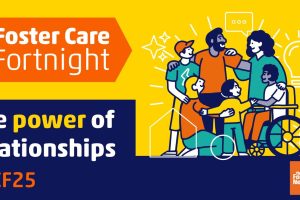Trauma-Informed Care and Why It Matters

A trauma-informed care is when all parties involved recognise and respond to the impact of traumatic affects on those who have contact with the service including children, caregivers, and service providers.
To begin to address this issue, training in trauma-informed care is paramount. Our ARC Skills workshops and processing groups are important to build the knowledge and skills among staff and foster carers to deliver trauma informed care, being sensitive to how a range of experiences may relate to a person’s current behaviours and health status.
The experience of trauma impacts every area of functioning, including physical, mental, behavioural, and social. History of trauma, with abuse most commonly having occurred in childhood.
“ARC is a framework for intervention with youth and families who have experienced multiple and/or prolonged traumatic stress. ARC identifies three core domains that are frequently impacted among traumatized youth, and which are relevant to future resiliency. Designed to be applied flexibly across child- and family-serving services. ARC provides a theoretical framework, core principles of intervention, and a guiding structure for providers. ARC is designed for youth from early childhood to adolescence and their caregivers or care giving systems”
Traumatic reactions are normal reactions to abnormal situations. Individuals’ coping reactions to post-trauma remain poorly understood, even by many of the people who are in the best positions to offer support and treatment to trauma victims. It is important for everyone to understand that victims of traumatic events, such as abuse, human trafficking, Child exploitation, violence etc will not always react or behave in the way that we might expect.
The agency’s objective is to implement and sustain trauma awareness, knowledge, and skills into the organisational cultures, practices, and policies. They act in collaboration with all those who are involved with the child, using the best available resources, to maximise physical and psychological safety, facilitate the recovery of the child and family, and support them to thrive.










![FireShot Capture 130 - Mail - Heena Thacker - Outlook - [outlook.office.com]](https://sunbeamfostering.com/wp-content/uploads/2018/10/FireShot-Capture-130-Mail-Heena-Thacker-Outlook-outlook.office.com_.png)

